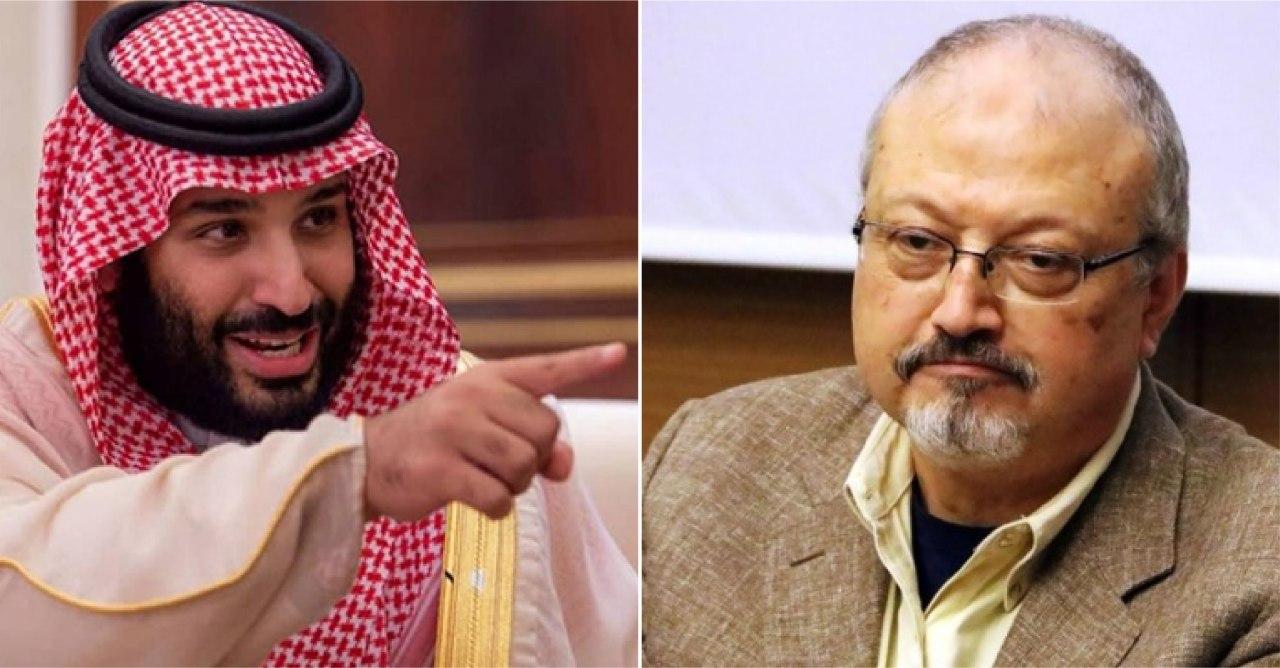
Agnès Callamard, the Special Rapporteur on extrajudicial, summary, or arbitrary executions, believes that Saudi Crown Prince Mohammed bin Salman continues to be shielded from any type of investigation into his responsibility for the killing of journalist Jamal Khashoggi, stressing that the rulings in this case must not be allowed to “whitewash what happened.”
In a series of tweets on 8 September 2020, Callamard described Saudi Arabia’s trial in the case of Khashoggi’s murder as an unfair and non-transparent parody. She stated that the verdicts handed down carry no legal or moral legitimacy.
Callamard also criticized the trial process after final verdicts were handed down against eight individuals whom the Saudi Public Prosecution accused of killing Khashoggi. On 7 September 2020, the of the Saudi Public Prosecution announced that, after a legal waiver from the relatives of the deceased, sentences were issued for “20 years in prison each for five of those convicted, ten years for one of them, and seven years for the remaining two.”
The UN rapporteur, who had led an investigation into the case, believes that the high-ranking officials who plotted and organized the execution of Khashoggi evaded responsibility from the start and were barely touched by the investigation and trial. Callamard also explained that with regard to the “individual responsibility” of the person at the head of the state, Crown Prince Mohammed bin Salman, he remained well protected.
Callamard stated that these verdicts should not relieve any pressure on governments, especially the P5 countries that observed the trials in Riyadh, to ensure an investigation into the involvement of all officials, including those at the top.
Furthermore, Callamard wrote that now more than ever, the American intelligence services must release their assessment of Mohammed bin Salman’s responsibility for the killing of Khashoggi, saying that even if justice cannot be achieved in Saudi Arabia, then at least the truth can be brought to light.
Callamard welcomed the decision to commute the death sentences against those convicted because if the sentences had been carried out, they would have been arbitrary killings by the Saudi state and an intent to permanently silence key witnesses to the execution of Khashoggi.
In her report on the case of the killing of journalist Jamal Khashoggi in the Saudi consulate in Istanbul, the Special Rapporteur called for an investigation of Crown Prince Mohammed bin Salman. The report listed numerous international violations surrounding the operation to kill Khashoggi, making it an “international crime over which states should claim universal jurisdiction.”
The Saudi government did not respond positively to the report and the investigations. To the contrary, it has refused Callamard’s visit and has attacked her in several international forums. It has been content to carry out its own internal investigations and trials, despite the flaws attending them.
Furthermore, ESOHR believes that the latest verdicts represent the model of a non-transparent judiciary that lacks justice, as observed in prior cases. Likewise, ESOHR notes the arbitrary use of the death penalty. While the murder of Khashoggi is among the gravest of crimes under international law, the Saudi government relies on finding legal avenues and pushing the family to a pardon to prevent the application of qisas [retaliation] punishment against the perpetrators. On the other hand, the Saudi judiciary issues ta’zir [discretionary] death sentences for non-serious offenses.
In addition, ESOHR emphasizes that the official Saudi response to the Special Rapporteur and her investigation is an example of how Saudi Arabia deals with UN mechanisms. While it claims respect for international mechanisms and adherence to its international obligations, the Saudi government disregards the recommendations of special rapporteurs, and instead attacks them if they criticize the government.
ESOHR stresses that the murder of journalist Jamal Khashoggi should not be tolerated. It is a blatant demonstration of the violations the Saudi government is carrying out in light of its pursuit of a policy of impunity. ESOHR also affirms that the killing is an international crime, as described by the UN rapporteur, which places responsibilities on other states to ensure that those responsible are held accountable.
